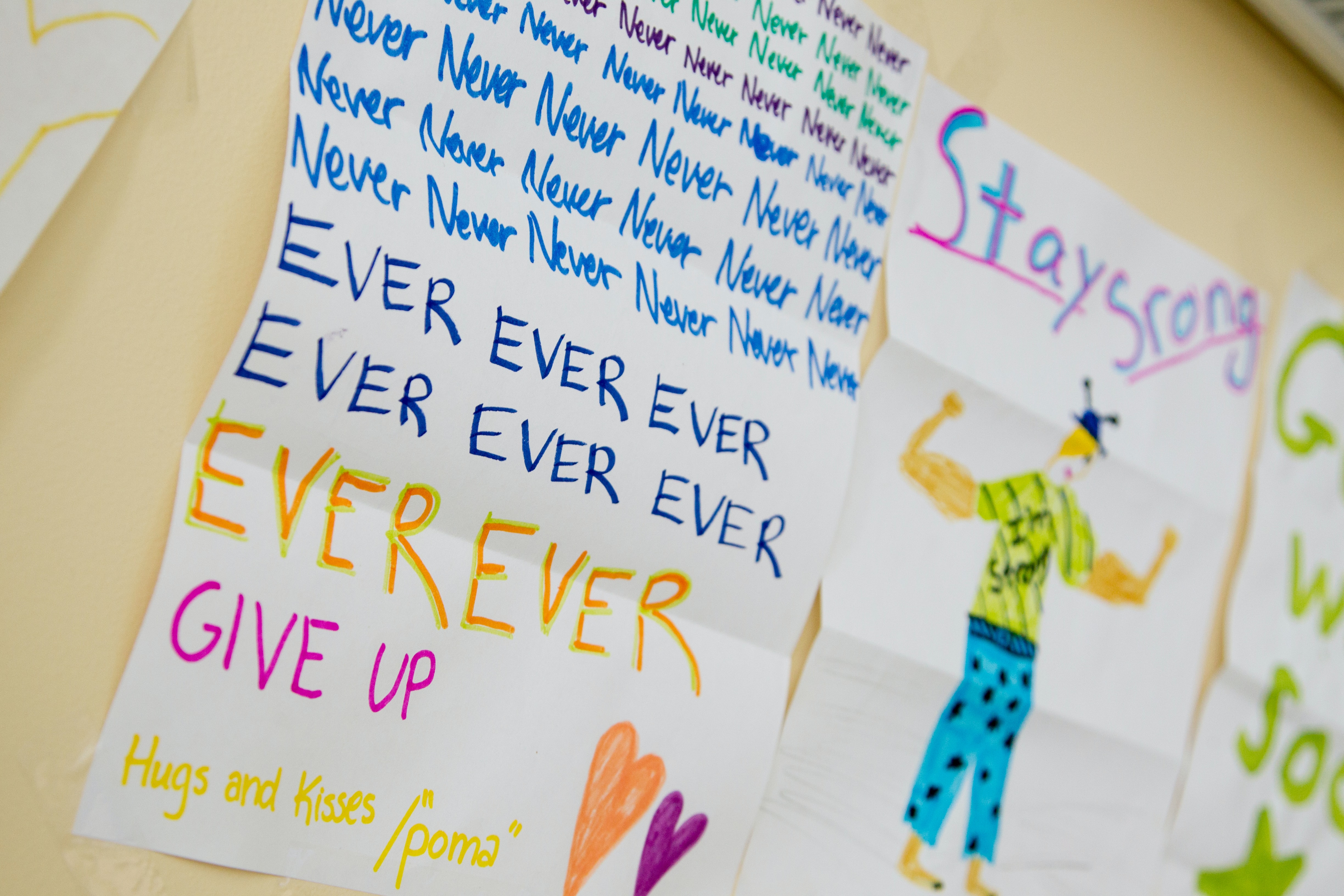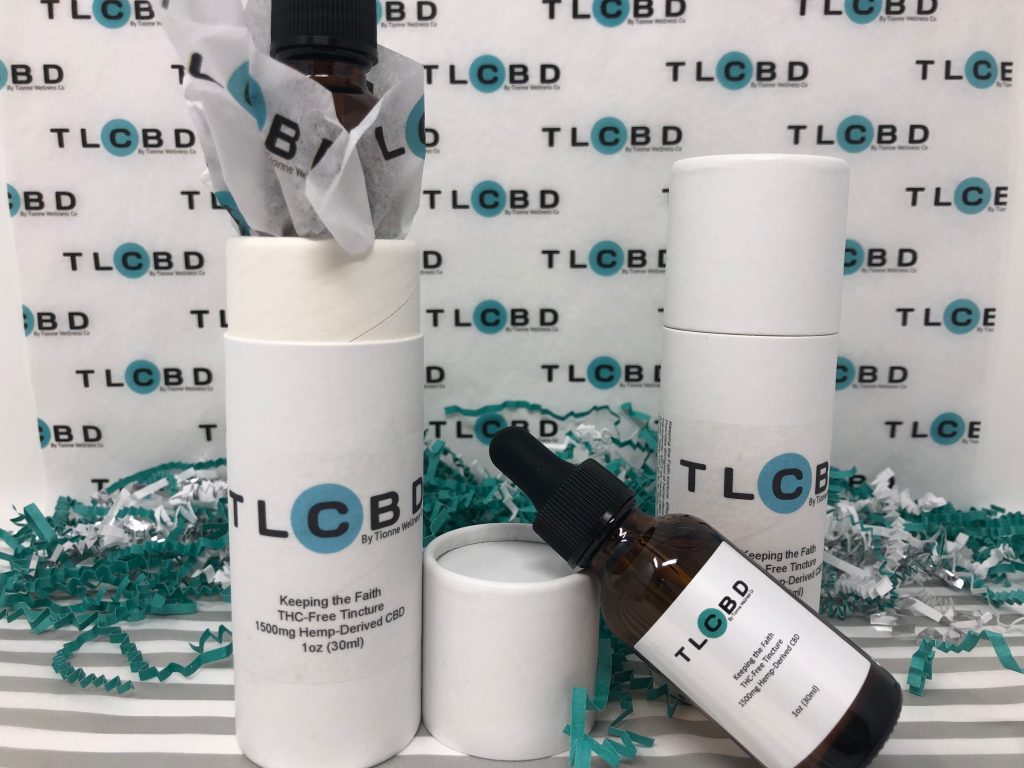CBD oil is being used to treat many conditions – depression, anxiety, eating disorders – the list goes on. But what about for cancer patients? Well, we’re here to answer that question for you based on all of the information available at the time of this writing.

Cancer is a complex condition and we’re still trying to figure out what causes it and how to cure it. It has many forms and this article will speak about cancer in general terms and not about specific types of cancer. There are different treatments for different types and even these treatments can wreak havoc on a person’s body.
If you’re new to the blog, let’s take a minute and talk about the difference between hemp and marijuana, because I’m sure you’re saying, “But people take marijuana for cancer treatment all the time!” Yes, this is true. Marijuana is used by many cancer patients to help treat the side effects of chemotherapy. But what if you’re in the situation where you can’t use marijuana because of the THC contained in it? Marijuana and hemp are both come from the cannabis sativa plant. They both contain cannabidiol (CBD) and tetrahydrocannabinol (THC). These are the two most common and active ingredients.
There are two main differences between hemp and marijuana: 1. Hemp has far less THC than marijuana and 2. CBD is does not have any psychoactive agents, unlike THC. Because of the lack of psychoactive agents, CBD allows you to keep a clear head when you need it.
Now that we know that, let’s get to the nuts and bolts of this post. Can CBD cure cancer? At the time of this writing, no, there is no scientific evidence that CBD can cure cancer. You’re probably wondering what the point of this blog post is then. Well, CBD can, like marijuana, help ease the side effects of cancer treatments. This can be particularly beneficial if you want an all-natural alternative to another prescription being added to help counteract the side effects of your cancer treatment meds. Each person is different and each cancer treatment program is different, so we can’t definitively say that it will work. As always, there are factors to take into consideration and a little trial and error on your part is required.

We know that CBD has been proven to help alleviate nausea, vomiting, eating disorders, pain, neuropathy, anxiety and depression, and even insomnia. All or some of these symptoms can be present during cancer treatment. You know your body best – if CBD works well with CBD, there’s no reason to stop using it during your cancer treatment as an additional component to your treatment regime. If you haven’t used CBD before, there’s no reason why you can’t add it in.
Where do you start if you haven’t used CBD before? There are a few things we think you should consider before starting your CBD journey or increasing your dose:
- Speak to your health expert before starting a CBD regimen
- Do your research! Bring information on the specific product(s) you’re considering, including the product description, strength, and the recommended dosage amount (if listed)
- Ask about possible interactions between CBD and the medications you’re currently taking or will be taking in conjunction with your cancer treatment
- Take your weight, body mass, and metabolism into consideration – these determine how quickly you will metabolize the CBD
- Check the potency of the CBD products you’re considering using – stronger products mean you won’t have such a high dosage
- Make sure the products are verified by a third-party lab
- Record your response to each amount of CBD you take so you can make adjustments
For additional information about finding the right dose, refer to our previous post called CBD Dosing – How Do I Know How Much to Take?
Because cancer medications can be different from other medications, I strongly recommend talking with your doctor before you incorporate it into your regimen because CBD can potentially inhibit the metabolization of certain drugs, so you want to make sure that this is not a concern.
The biggest takeaway I can give you from this is that we’re still learning a lot about CBD, the endocannabinoid system, and how CBD interacts with the body. Make sure you talk to your medical expert before using it to make sure it doesn’t inadvertently cause any problems. As always, I hope this information is helpful and I wish you good health.
